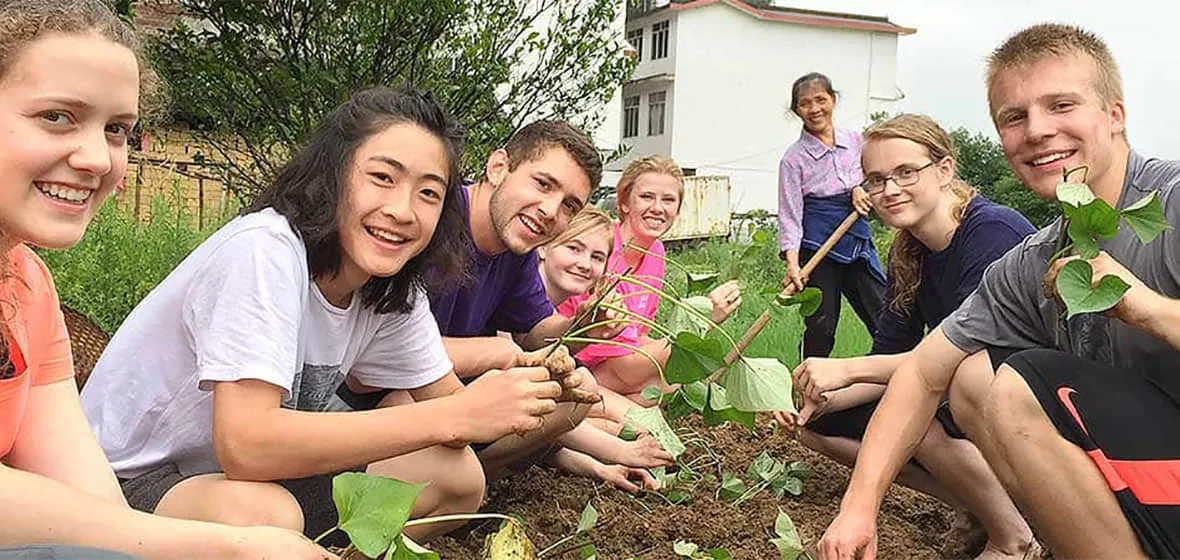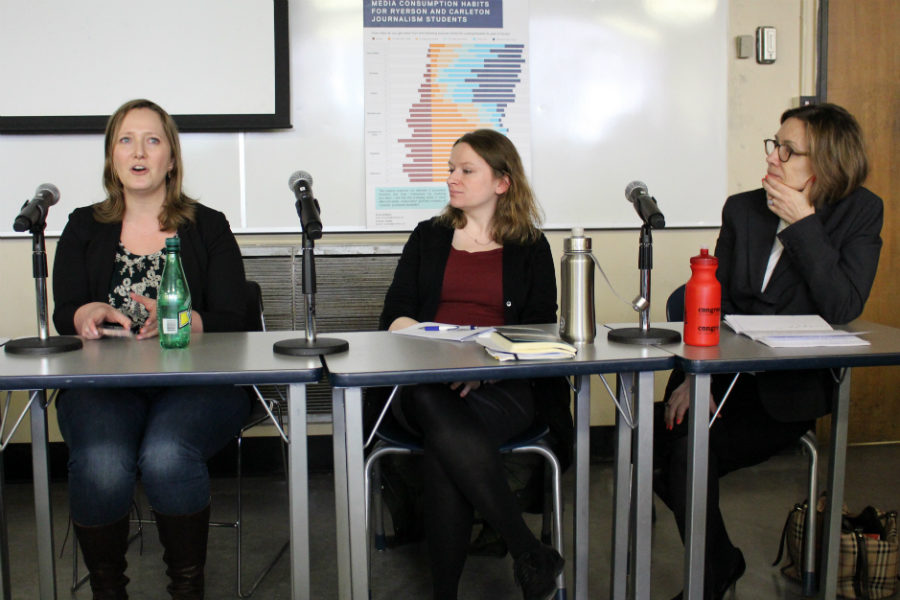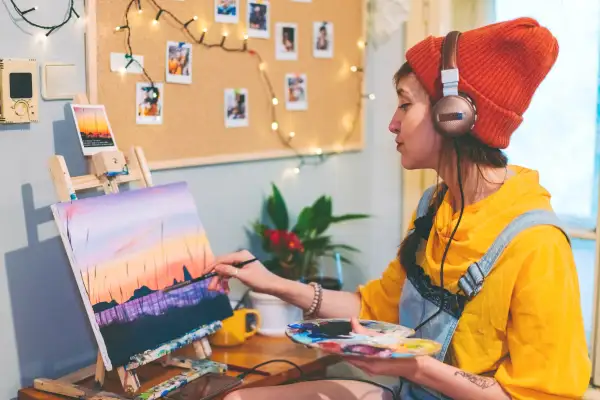Hobbies are more than just a way to pass the time—they’re a lifeline for students navigating the high-pressure world of academics in Central Board of Secondary Education (CBSE) schools. As a former student who juggled board exams and extracurriculars, I know firsthand how a well-chosen hobby can recharge your mind, spark creativity, and even make you a better learner. In India, where CBSE students often face intense academic expectations, hobbies can be a game-changer for mental health, skill-building, and personal growth. This article dives into the top 10 productive hobbies tailored for CBSE students, offering practical ideas to balance studies with meaningful activities. Whether you’re a student, parent, or teacher, you’ll find actionable insights to make the most of your free time.
Why Hobbies Matter for CBSE Students
Hobbies provide a much-needed break from the rigorous CBSE curriculum, helping students manage stress and avoid burnout. They foster creativity, build confidence, and develop skills that complement academic learning. With the right hobby, students can improve focus, enhance problem-solving, and even boost their CV for future opportunities.
The Pressure of CBSE Academics
The CBSE system, while structured and comprehensive, can be overwhelming with its focus on board exams and competitive entrance tests. A 2021 report highlighted that 85% of Indian students face peer pressure, and nearly two-thirds experience stress from parental expectations. Hobbies offer a healthy outlet to cope with these challenges.
How Hobbies Boost Productivity
Engaging in hobbies stimulates the brain, improves mood, and enhances cognitive skills like memory and critical thinking. For example, a hobby like chess can sharpen strategic thinking, while creative writing can improve language skills—both directly benefiting CBSE students. Plus, hobbies make you more interesting to colleges and employers
Top 10 Productive Hobbies for CBSE Students
Below, I’ve curated a list of 10 hobbies that are not only fun but also align with the needs of CBSE students. Each hobby is chosen for its ability to enhance creativity, productivity, or practical skills, ensuring students grow holistically while enjoying themselves.
1. Creative Writing & Blogging
Writing stories, poems, or blogs lets students express their thoughts and emotions creatively. It’s a fantastic way to improve language skills, which is crucial for CBSE English exams. Starting a blog on platforms like WordPress can also teach digital skills and even open doors to future careers in content creation.
Benefits of Creative Writing
- Enhances vocabulary and grammar
- Boosts confidence in self-expression
- Develops storytelling skills for better communication
I remember scribbling short stories during my Class 10 study breaks—it was my escape from physics formulas and helped me ace my English essays! Try setting aside 15 minutes daily to write a journal or start a blog about your favorite subject.
2. Photography & Digital Art
Photography encourages students to see the world through a creative lens, honing their attention to detail. With just a smartphone, students can experiment with composition and editing apps like Snapseed. Digital art, using tools like Canva, complements CBSE’s art-integrated learning initiatives.
Why Photography Works
- Improves visual perception and creativity
- Encourages patience and focus
- Offers potential for passive income through stock photo sites
Last summer, my cousin, a Class 12 CBSE student, started photographing her garden and turned it into a small Instagram portfolio. It not only boosted her confidence but also caught the eye of a local art club
3. Music and Instrument Learning
Learning to play an instrument like the guitar or tabla is a powerful way to relax and stimulate the brain. Music enhances memory and coordination, which can help with subjects like math and science. CBSE schools often have music clubs, making it easy to get started.
Perks of Music
- Improves focus and multitasking
- Reduces stress and anxiety
- Builds discipline through regular practice
When I struggled with concentration in Class 11, picking up the keyboard helped me stay calm and even improved my math scores—there’s something magical about rhythm and patterns
4. Gardening
Gardening connects students with nature, teaching patience and responsibility. Growing herbs or vegetables in small pots is perfect for urban CBSE students. It’s also a practical way to learn about biology and environmental science, aligning with the CBSE curriculum.
Gardening’s Impact
- Promotes mental well-being
- Enhances understanding of ecosystems
- Encourages healthy eating habits
My neighbor’s daughter grew cherry tomatoes on her balcony during the lockdown, and it became a family project that taught her more about sustainability than any textbook could.
5. Cooking and Baking
Cooking is a life skill that fosters independence and creativity. Following recipes improves math skills through measurements, while experimenting with flavors sparks innovation. CBSE students can start with simple recipes like sandwiches or cupcakes.
Why Cooking Rocks
- Builds confidence in practical skills
- Encourages creativity with recipes
- Saves time and money in the long run
I once baked a batch of cookies for a school fundraiser—burnt the first batch, but the second was a hit! It taught me precision and patience, skills I later used in chemistry labs.
6. Coding and Robotics
Coding is a future-ready skill that aligns with CBSE’s push for digital literacy. Platforms like Code.org or Scratch make it fun to learn programming. Robotics kits, available online, let students build and code their own projects, fostering problem-solving.
Coding Benefits
- Enhances logical reasoning
- Prepares for tech-driven careers
- Encourages creativity through app development
A friend’s son built a simple robot for a CBSE science fair using a DIY kit from Amazon, and it sparked his interest in engineering. Start with free coding tutorials online
7. Sports and Physical Activities
Sports like badminton, yoga, or swimming keep students physically fit and mentally sharp. CBSE schools emphasize physical education, so joining a school sports team is a great way to stay active and build teamwork skills.
Sports Advantages
- Improves physical health and stamina
- Builds discipline and resilience
- Fosters teamwork and leadership
Playing basketball during school breaks helped me stay energized for late-night study sessions. Plus, it’s a great way to make friends! Check your school’s sports schedule or local clubs.
8. Chess and Strategy Games
Chess and other strategy games like Sudoku sharpen critical thinking and problem-solving, skills essential for CBSE math and science. Online platforms like Chess.com make it easy to practice and compete.
Why Chess is a Win
- Enhances logical and strategic thinking
- Improves concentration
- Fun and competitive
My brother got hooked on chess during Class 9, and it not only improved his math scores but also taught him to stay calm under pressure. Try a chess app or join a school club
9. Handicrafts and DIY Projects
Crafting activities like origami, knitting, or model-building boost creativity and fine motor skills. These hobbies are affordable and align with CBSE’s focus on art-integrated learning, making them perfect for students.
Craft Perks
- Encourages creative expression
- Improves dexterity and focus
- Affordable and accessible
I once made a scrapbook for a school project, and it was so satisfying to see my ideas come to life. Check out YouTube tutorials for easy DIY crafts
10. Learning a New Language
Learning a language like French, Spanish, or even Sanskrit (offered in some CBSE schools) enhances cognitive skills and opens cultural horizons. Apps like Duolingo make it fun and accessible.
Language Learning Benefits
- Improves memory and multitasking
- Enhances employability
- Broadens cultural understanding
My classmate learned basic French during summer break, and it helped her stand out in college applications. Start with free apps or CBSE language electives
Comparison: Solo vs. Group Hobbies
| Hobby | Type | Key Benefit | Best For |
|---|---|---|---|
| Creative Writing | Solo | Improves language skills | Introverts, aspiring writers |
| Photography | Solo | Enhances visual creativity | Artistic students |
| Music | Solo/Group | Boosts memory and coordination | Music lovers, disciplined learners |
| Gardening | Solo | Promotes patience and sustainability | Nature enthusiasts |
| Cooking | Solo/Group | Builds practical life skills | Foodies, independent learners |
| Coding | Solo | Prepares for tech careers | Tech-savvy students |
| Sports | Group | Enhances teamwork and fitness | Active, social students |
| Chess | Solo/Group | Sharpens strategic thinking | Analytical minds |
| Handicrafts | Solo | Boosts creativity and dexterity | Crafty students |
| Language Learning | Solo/Group | Improves cognitive skills | Culturally curious students |
Solo Hobbies are great for students who prefer quiet, focused activities, while group hobbies foster social skills and teamwork. Choose based on your personality and goals
Pros and Cons of Hobbies for CBSE Students
Pros
- Stress Relief: Hobbies like music and gardening reduce anxiety, helping students cope with academic pressure.
- Skill Development: Coding and writing build skills that enhance CBSE performance and future careers.
- Holistic Growth: Hobbies align with CBSE’s focus on co-curricular activities, promoting well-rounded development.
- Time Management: Balancing hobbies with studies teaches prioritization and discipline.
Cons
- Time Constraints: Overcommitting to hobbies can clash with CBSE’s demanding schedule.
- Cost: Hobbies like robotics or music lessons may require investment in equipment or classes.
- Distraction Risk: Without proper balance, hobbies can divert focus from academics.
To avoid pitfalls, set a schedule—allocate 30–60 minutes daily for hobbies and prioritize studies during peak exam times.
People Also Ask (PAA)
What are the best hobbies for CBSE students?
The best hobbies include creative writing, photography, music, gardening, and coding, as they enhance creativity, reduce stress, and align with CBSE’s curriculum goals.
How can hobbies improve academic performance?
Hobbies like chess and language learning sharpen cognitive skills, while physical activities like sports improve focus and energy, directly benefiting academic outcomes.
Where can students find hobby resources?
CBSE schools often offer clubs for music, sports, and crafts. Online platforms like YouTube, Duolingo, and Code.org provide free tutorials for various hobbies.
What are affordable hobbies for students?
Gardening, creative writing, and chess are low-cost hobbies that require minimal investment. Use household items or free apps to get started.
Best Tools for CBSE Students’ Hobbies
- Creative Writing: Grammarly (free/paid) for polishing writing; WordPress (free) for blogging.
- Photography: Snapseed (free) for editing; Canva (free/paid) for digital art.
- Coding: Code.org (free) for beginners; Arduino kits (affordable) for robotics.
- Language Learning: Duolingo (free) for interactive lessons; Memrise (free/paid) for vocabulary.
- Music: Yousician (free/paid) for instrument tutorials; Spotify for music inspiration.
These tools are accessible and align with CBSE’s digital learning push. Check school resources or online platforms for free options
FAQ Section
Why should CBSE students have hobbies?
Hobbies reduce stress, boost creativity, and develop skills that complement CBSE’s academic and co-curricular goals, fostering holistic growth.
How can students balance hobbies with studies?
Set a daily schedule, dedicating 30–60 minutes to hobbies after completing study tasks. Prioritize academics during exams and use hobbies as a reward.
Are hobbies expensive to pursue?
Not always! Hobbies like writing, gardening, and chess are low-cost, using household items or free online tools. Invest in affordable resources to start.
Can hobbies help with CBSE board exams?
Yes, hobbies like chess improve problem-solving, while writing enhances language skills, directly benefiting subjects like math and English.
Where can students learn new hobbies?
Join CBSE school clubs, explore online tutorials on YouTube, or use apps like Duolingo and Code.org. Local community centers also offer classes.
Final Thoughts
Hobbies are a secret weapon for CBSE students, offering a way to recharge, grow, and stand out in a competitive academic world. From writing stories that spark your imagination to coding apps that solve real problems, these activities make you a better student and a happier person. As someone who found solace in music during my CBSE days, I can vouch for the power of a good hobby—it’s like a mini-vacation for your brain. So, pick one from this list, start small, and watch how it transforms your student life. What hobby will you try today?



